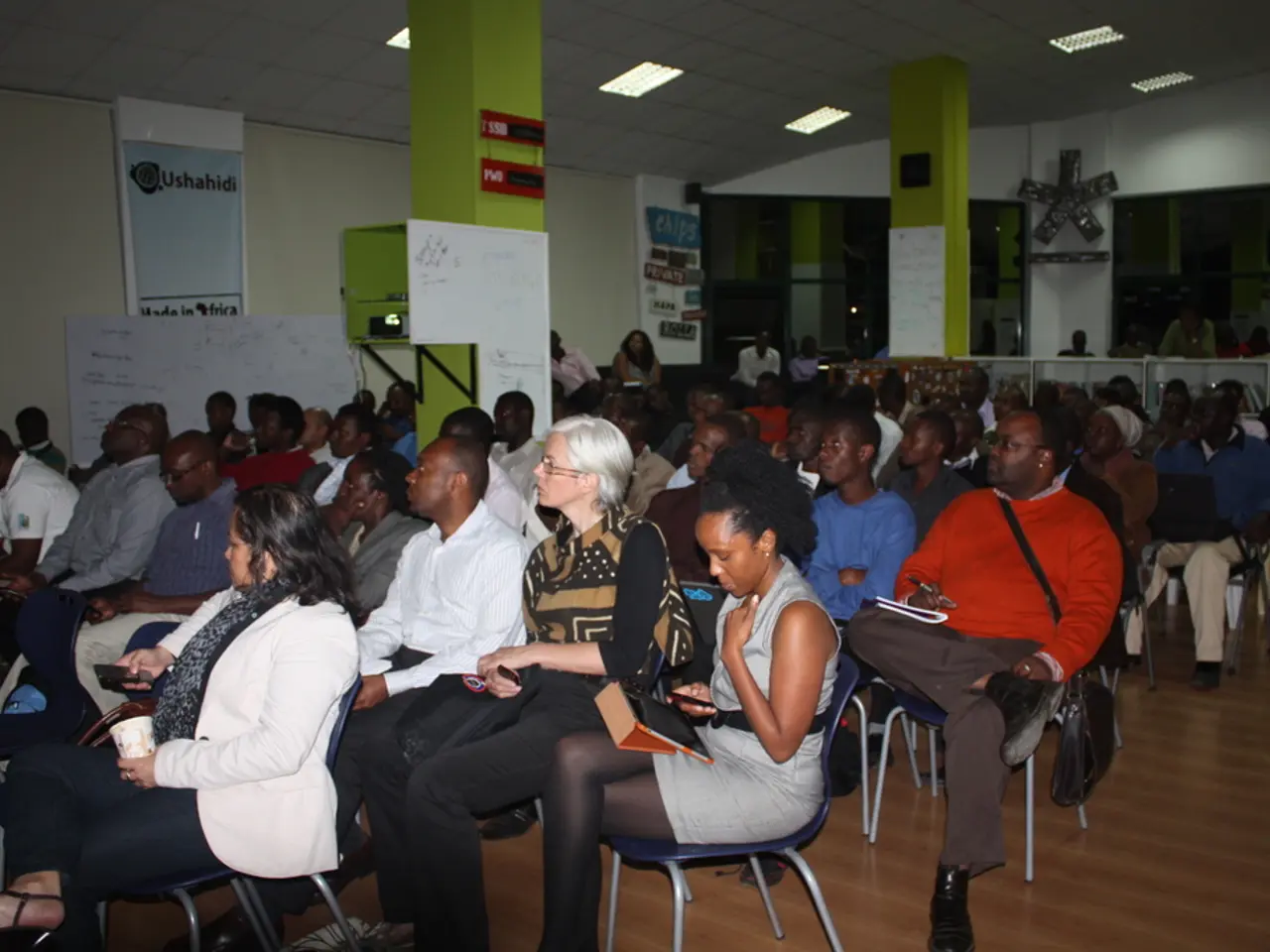Strategies for Streamlined Choice-Making in Education for Optimal Results
In the realm of education, decision-making frameworks are proving to be invaluable tools in fostering critical thinking among learners. These structured approaches guide individuals and groups in making choices or resolving problems effectively, thereby cultivating a mindset geared towards rational evaluation and thoughtful deliberation.
## Decision-Making Frameworks in Educational Settings
### 1. Reflective Decision-Making Framework This framework, which involves identifying the decision context, analyzing options, reflecting on the analysis, making a decision, and evaluating the outcome, helps learners avoid impulsive decisions and develop a habit of thorough analysis. This, in turn, enhances their ability to think critically and make informed choices.
### 2. Six Thinking Hats Model Developed by Edward de Bono, this model uses different colored hats to represent different modes of thinking. It encourages learners to consider multiple perspectives and question assumptions, fostering a comprehensive understanding of problems and solutions. This model promotes critical thinking by encouraging convergence of different viewpoints, thus enhancing intellectual curiosity and creativity.
### 3. Digital-First Decision-Making Frameworks These frameworks emphasize the use of digital tools and data analytics to guide decision-making. By leveraging real-time data and analytics, learners develop skills in interpreting information to make timely and accurate decisions. This encourages critical thinking by basing decisions on evidence rather than intuition.
### 4. Scenario-Based Learning This approach trains learners to make decisions with incomplete information in simulated scenarios. It helps learners develop adaptability and resilience by forcing them to think critically under uncertainty, which is essential in real-world decision-making.
### 5. Values-Based Decision Framework This framework involves making decisions based on aligning with personal or organizational values. By evaluating decisions against core values, learners develop ethical reasoning skills and learn to prioritize what matters most in decision-making.
## Collaborative Learning and Decision-Making
Decision-making frameworks significantly enhance collaborative learning by providing structured methodologies that guide group interactions and decision processes. A culture that encourages free expression of ideas without immediate judgment during the option generation phase leads to more innovative and comprehensive decision-making options.
## The Impact of Decision-Making Frameworks in Education
The integration of decision-making frameworks in education significantly impacts students' ability to approach problems methodically. By embedding these frameworks into curricula, educators create an environment where students learn not only to make informed decisions but also to engage critically with the material. This process fosters an atmosphere of critical inquiry and enhances overall learning outcomes.
The importance of decision-making frameworks in education extends beyond mere academic learning; they are essential tools for nurturing critical thinking and equipping students with the competencies needed for effective problem-solving in their personal and professional lives. Incorporating decision-making frameworks into educational settings can lead to improved outcomes in educational projects and initiatives by minimizing biases and inconsistencies, resulting in more informed choices that align with educational goals.
In conclusion, decision-making frameworks are crucial in educational settings as they help learners develop critical thinking skills and make informed decisions. By adopting these frameworks, educators can empower students to become thoughtful, rational decision-makers, thereby enhancing their overall learning experience and preparing them for the challenges of the future.
- Embracing e-learning platforms and self-development resources, students can utilize decision-making frameworks to enhance their learning journey, as these digital tools offer a wealth of curated information for deep analysis and critical evaluation.
- By incorporating decision-making frameworks in their educational approach, educators encourage learners to think beyond the classroom, as these skills are transferable to a wide range of situations in real-world education-and-self-development scenarios.




